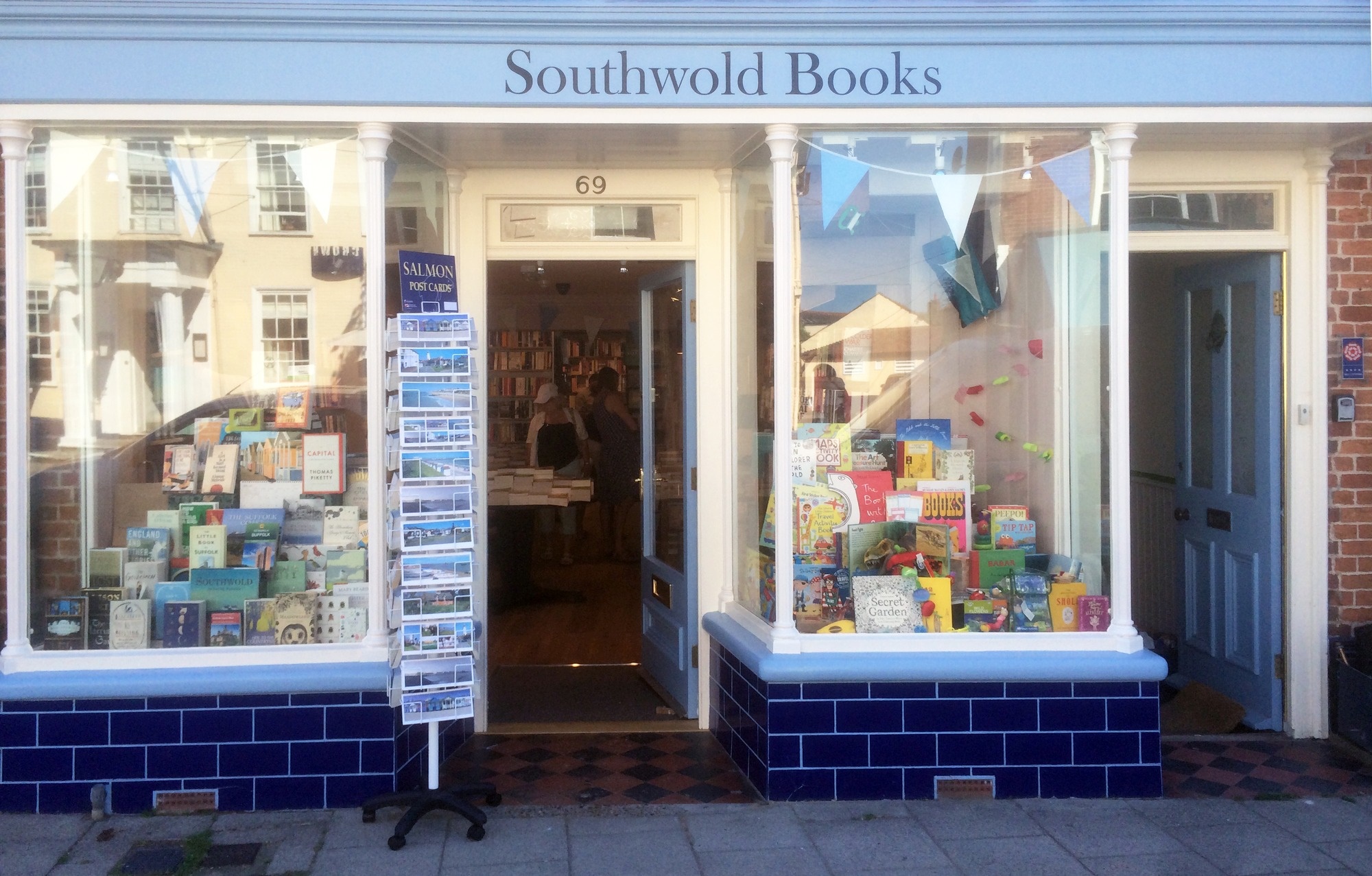Independent institutions mark a rebellion against the capitalist agenda and everything it stands for. Chain stores often uphold this continuation of capitalism by favouring profit over individual enterprise, forgetting the original purpose behind the creation of such a store. Bookshops are some of the most wonderful creations of British society; independent bookshops, run by independent-minded people, encompass everything which the experience of reading a book should: the freedom of expression and thought, away from the exterior influences of the outside world. Waterstones has been heavily criticised for its decision to open ‘unbranded’ bookstores, notably including shops in Southwold, Rye and Harpenden.
With almost three-hundred stores in the UK, Waterstones undoubtedly exercises great influence over society’s perception of the way in which books should be sold. Traditionally, the practice of selling books in Britain encompassed independent bookshops run in the interests of individualism. London has always been a stronghold for independently-run bookshops, given the types of people that reside in many of its wealthy areas; there are around one hundred independent bookshops residing in the capital city, which constitutes around ten per-cent of British independent bookshops in their entirety. Despite this, it isn’t difficult to see the effects which chains and the rise of eBooks have had. The Muswell Hill bookshop, in North London, was recently obliged to close down half of its store. In its place resides a shop for dog accessories. You make the judgment yourself of which store is of more intellectual and educational worth. The future of independent bookshops looks bleak, with the threat of capitalist chains and the rise of the eBook offering desirable alternatives for many readers. Concerns for the number of independent bookshops closing down have been highlighted in recent years, as in 2014 when the number of independent bookshops was reduced to under one thousand.
Southwold, Suffolk’s seaside gem, is one of three British towns to be affected by this misleading system. The town has a reputation for being untouched, with independent enterprises, such as Adnam’s brewery and the local delicatessen on the road which stretches out to the seafront, facilitating Southwold’s identity as a town upheld by locals. One local shopkeeper even remarked that ‘Southwold Books’, the unmarked bookshop truly operated by Waterstones, would cease to exist had it been exposed by the truth of a sign above the door. This cover-up marks the infiltration of capitalism into traditionally untouched beauty-spots such as Southwold, which poses the question of whether the traditional beauty of British institutions will be maintained.
The bottom line is this: the introduction of unmarked Waterstones stores into the market robs shoppers of a choice. It robs them of their choice of whether to invest their money in an independent store, or a capitalist chain. Many who actively choose to purchase their reading material from independents do so for moral reasons; tricking them into blindly purchasing from a store which they believed to be something else is morally corrupt. It is unquestionably wrong to mislead shoppers into believing that they are aiding an independent enterprise which operates on its own terms, and places the love of reading over profit. Waterstones must be held accountable for this deceptive ploy.
Eleanor Noyce
(Image courtesy of Southwold Books)

